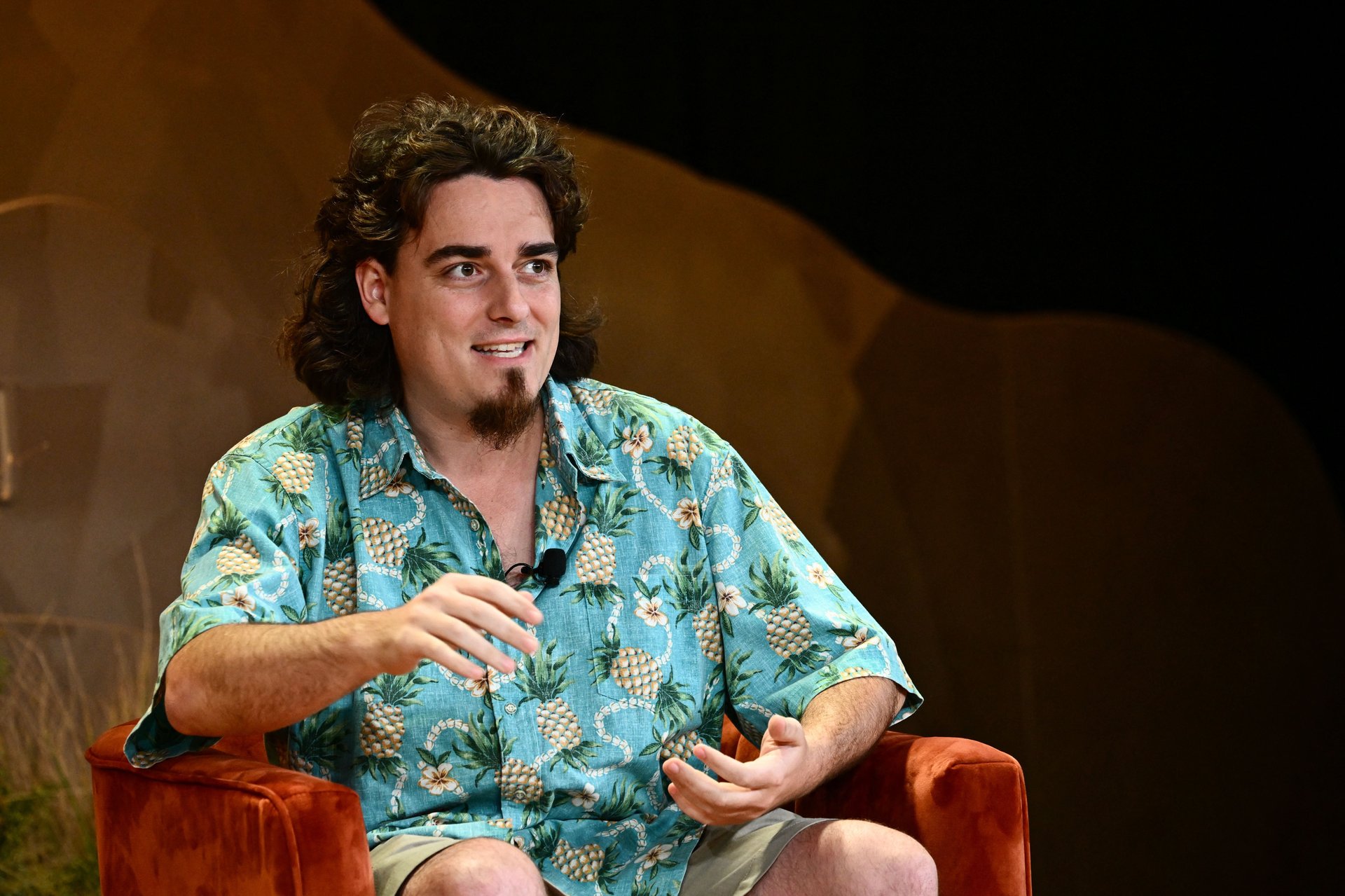A startup - named after 'Lord of the Rings' - raised $1.5 billion to 'rebuild the arsenal of democracy'
Anduril Industries aims to produce 'tens of thousands' of autonomous military systems each year

A defense technology startup just raised $1.5 billion from investors to “rebuild the arsenal of Democracy” by manufacturing tens of thousands of autonomous weapons systems.
Suggested Reading
Anduril Industries is now valued at $14 billion thanks to its latest round of funding from firms like Counterpoint Global, Baillie Gifford, and Palantir founder Peter Thiel’s Founders Fund. The startup was founded by Palmer Lucky, the founder of virtual reality company Oculus, as well as former Palantir executives to compete with the handful of major defense firms still active, such as Boeing and Lockheed Martin.
Related Content
The Californian company said Wednesday that it will build Arsenal-1, an eventual factory spanning more than five million square feet and employ thousands of people. Anduril — named after a legendary sword in the Lord of the Rings — said Arsenal is designed to produce “tens of thousands” of autonomous military systems each year for relatively cheap.
“As the United States and our allies attempt to gain affordable mass with autonomous systems, weapons, and munitions, the defense industrial base must be capable of producing orders of magnitude more than it is currently producing today,” the firm said in a statement.
The seven-year-old firm lays out its argument for “hyper scaling” defense production and building new weapons technology in a 33-page manifesto, which outlines both its reasoning for scaling production and how it plans to get there. Arsenal is designed to be an adaptable, replicable model that can “scale indefinitely” and become faster and cheaper over time, thanks to its Arsenal Operating System.
Anduril cites the Ukraine-Russia war as the impetus for its plans, saying it exposed a “critical vulnerability” in the U.S.’s ability to respond in a crisis. A recent report from a commission appointed by Congress found that found the Pentagon would run out of ammunition within “three to four weeks” in a sustained conflict with China or Russia. Some important munitions, including anti-ship missiles, would run out after just a few days.
Anduril said that its plans could revolutionize defense manufacturing in a similar fashion to how Elon Musk’s Tesla brought a software-focused approach to change the automotive industry or SpaceX pioneered reusable rockets. It cites Tesla’s success in breaking from industry standards and focused on software to pave the way for easier and faster developments in a way that other automakers hadn’t explored.
Arsenal will “provide a modular, generalizable manufacturing platform that can produce autonomous military vehicles and weapons of nearly every class, size, and operational domain,” the company writes. “This kind of adaptability is only possible because Arsenal, like every Anduril product, is hardware-enabled but software-defined.”
Anduril currently has a production facility in Rhode Island, which can make up to 200 autonomous underwater drones — each year for customers like the U.S. Navy or Royal Australian Navy. It also has several factories across Georgia, California, and Australia and has invested $75 million in a new Mississippi factory making solid rocket motors.
